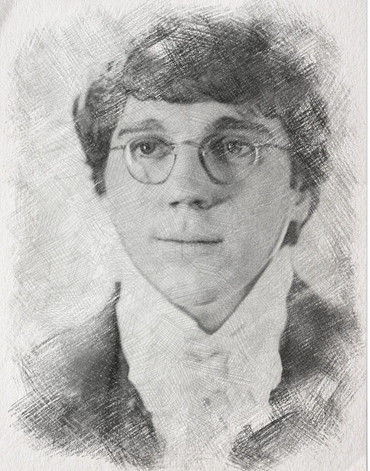The Interplay of Traits
In Lev Tolstoy’s masterpiece, War and Peace, the author portrays Pierre Bezukhov as an intelligent though naive man. Similarly, the author depicts Pierre’s administrator as cunning but lacking intellect. This intriguing dynamic led me to ponder whether naivety is essential for developing intelligence and whether cunningness plays a role in stupidity. In mathematical language, one might question which variable is dependent and which is independent.
Reflecting on the concept of naivety, I recall mathematician Poincaré’s argument that genius lies in the ability to be surprised. Inspired by Tolstoy, I propose that without naivety and a mind receptive to novelty, one can never experience genuine surprise. Thus, Pierre’s naivety becomes a necessary (though not sufficient) condition for him to exhibit intelligence, creativity, and, above all, goodness.
Additionally, it is worth noting that intelligent individuals may sometimes lean towards naivety because they believe that their understanding alone can solve any problems posed by the cunning and foolish. However, this assumption can prove erroneous. While they may retain their intelligence and naivety, these qualities can create a false and detrimental sense of omnipotence.
As for cunningness and stupidity, I must admit that my knowledge of these subjects is limited. However, I can confidently speak about three other emotions closely tied to intelligence and education: insecurity, uncertainty, and the persistent feeling of never reaching definitive conclusions.
These intimate sensations serve as a rich and inexhaustible source of knowledge. However, they remain dormant until the knowledge seeker attains a minimum level of self-confidence. Unless we discuss an intellectual who thrives on uncertainty and questioning beyond a few foundational principles, these individuals are often recognized with a ‘sine cura’ for their unwavering commitment to embracing uncertainty.
When individuals, be they an intellectual or a student, gain confidence in their convictions and knowledge, they become well-positioned to apply their insights in real-life scenarios. However, this newfound assurance can also hinder further learning. The desire for wisdom, an inherently elusive quality, fades, leaving those who experience it in a perpetual state of unsatisfied anticipation.
While cunningness and stupidity may dampen this desire, there remains a need for individuals who blend both traits. However, these intelligent, naive individuals must guide them and prevent them from assuming positions of power. At most, they may be given a role, but entrusting them with charting the course would prove unwise, as they need more direction to steer away from the safety of the coast.
In conclusion, the delicate interplay between intelligence, naivety, cunningness, and stupidity raises fascinating questions about the nature of human traits. By exploring these concepts, we gain insight into the conditions necessary for developing intellect and the potential pitfalls that may accompany it.



